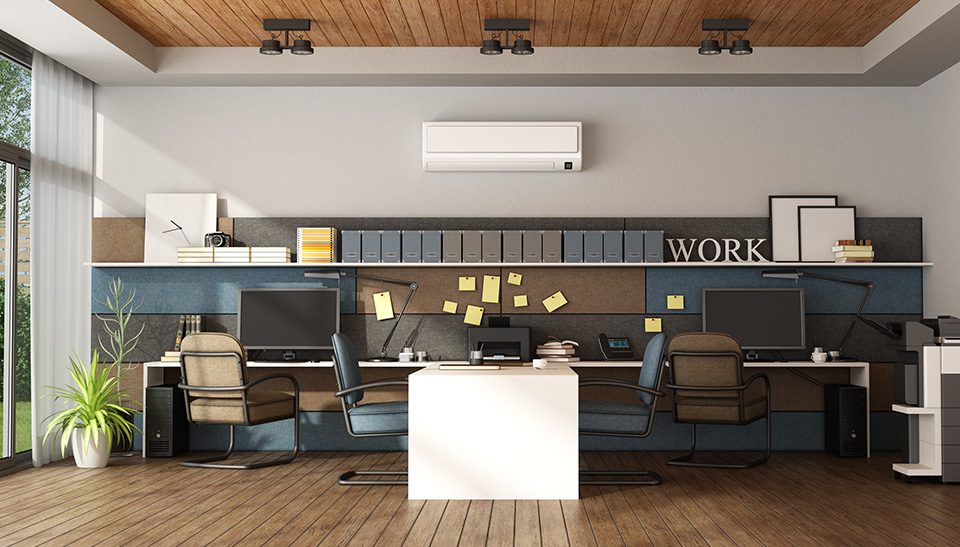Experienced Boston Heat Pump Installation Services
N.E.T.R., Inc.’s Certified Ductless HVAC Installers Are Here to Help
Ductless heat pumps offer reliable warmth all winter long without the need for a single foot of ductwork. Whether you have an older home that lacks the space to install a central HVAC system or want to add heating to just one room, a heat pump has you covered.
Since 1989, N.E.T.R., Inc. has provided home and business owners with energy-efficient heating solutions that offer superior and affordable comfort. Contact us today at (781) 933-6387 to learn more or to schedule a ductless home assessment.

